From the Chicago Reader (January 21, 2005). — J.R.
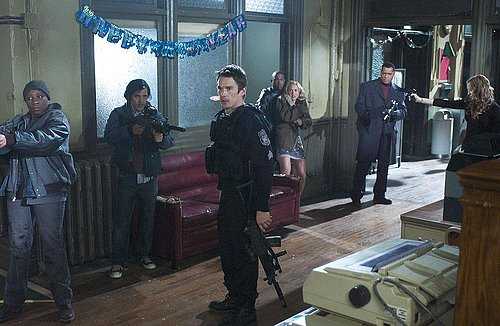
Assault on Precinct 13
*** (A must-see)
Directed by Jean-Francois Richet
Written by James DeMonaco
With Ethan Hawke, Laurence Fishburne, John Leguizamo, Gabriel Byrne, Maria Bello, Brian Dennehy, Drea de Matteo, and Ja Rule
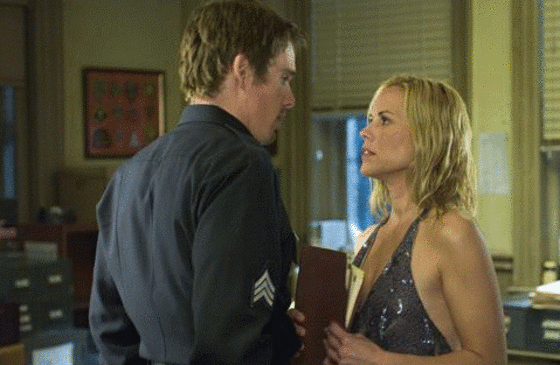
John Carpenter’s first solo feature, Assault on Precinct 13 (1976), is an effective low-budget genre piece — a perfectly proportioned, highly suspenseful action story about a few individuals under siege. It’s derived in part from Howard Hawks’s 1959 western Rio Bravo: Carpenter directly quotes from the dialogue and action, and he jokily adopts the pseudonym of John T. Chance, the name of John Wayne’s character, as the credited editor. The film is also influenced by claustrophobic horror movies such as The Thing (which Carpenter subsequently remade), The Birds, and Night of the Living Dead, especially their depiction of how unstable group dynamics are affected by an impersonal menace.

After most of the employees of a police station in a Los Angeles ghetto have moved to a new building, the station is attacked by a vengeful gang that uncannily expands into a mob, to the accompaniment of Carpenter’s relentlessly minimalist, percussive synthesizer score. A black rookie named Bishop and two white secretaries are the only remaining staff, and once Bishop realizes they can’t survive without help, he frees two prisoners, one black, one white — both hardened criminals en route to the state pen. Read more
My column for the June 2015 issue of Caimán Cuadernos de Cine. — J.R.
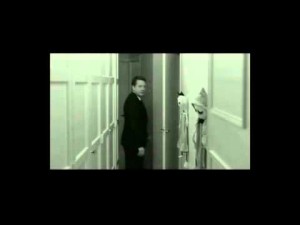
Although we often collapse the two into a single entity, it’s important to acknowledge that criticism and critical taste are far from identical or interchangeable. It’s instructive that Godard today considers Truffaut more important as a critic than as a filmmaker, and equally provocative to learn from both Dudley Andrew’s biography of André Bazin and the fascinating, lengthy interview with Resnais in Suzanne Liandrat-Guigues and Jean-Louis Leutrat’s 2006 book Alain Resnais: Liaisons secrètes, accords vagabonds (Cahiers du Cinéma) that Resnais originally functioned as Bazin’s mentor on film history during the German Occupation, especially on the subject of silent cinema, when he used to carry his 9.5 mm projector on his bicycle in order to show silent movies at La Maison des Lettres on rue des Ursulines, and Bazin, still fresh from the provinces, hadn’t yet encountered silent films in general or the early films of Fritz Lang in particular.
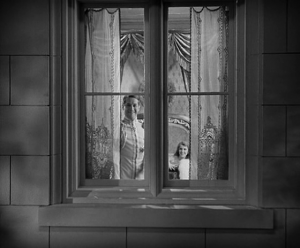
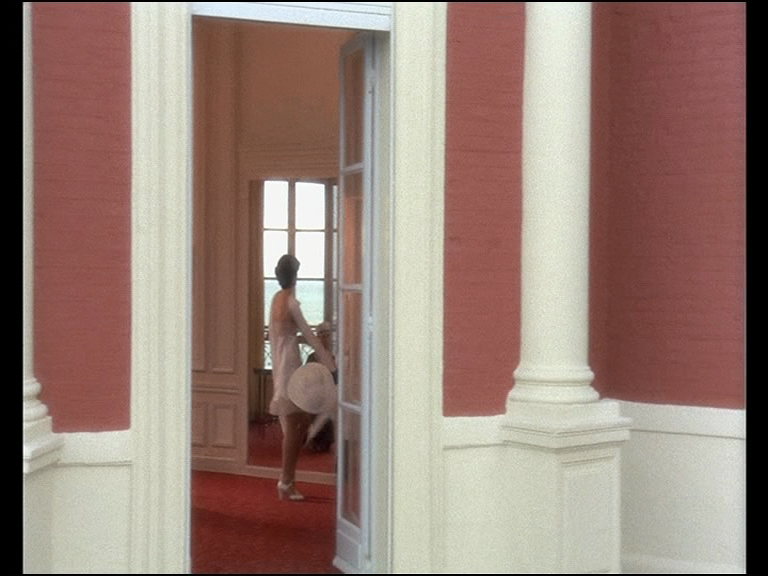
Unlike Bazin and Truffaut, Resnais was of course never a critic. Yet his critical taste was clearly every bit as central to his own films as Truffaut’s or Godard’s critical tastes and positions were to their own oeuvres. Read more
These are expanded Chicago Reader capsules written for a 2003 collection edited by Steven Jay Schneider. I contributed 72 of these in all; here are the first dozen, in alphabetical order. — J.R.
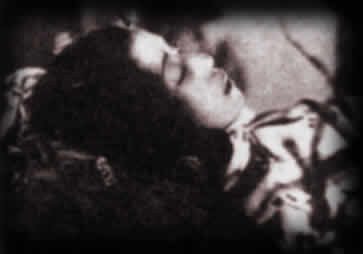
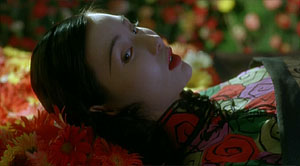
Actress
Stanley Kwan’s 1991 masterpiece (also known as Ruan Ling-yu and Center Stage) is still possibly the greatest Hong Kong film I’ve seen; perhaps only some of the masterpieces of Wong Kar-wai, such as Days of Being Wild and In the Mood for Love (both of these also significantly period films) are comparable in depth and intensity. The story of silent film actress Ruan Ling-yu (1910-’35), known as the Garbo of Chinese cinema, it combines documentary with period re-creation, biopic glamour with profound curiosity, and ravishing historical clips with color simulations of the same sequences being shot — all to explore a past that seems more complex, sexy, and mysterious than the present. Maggie Cheung won a well-deserved best actress prize at Berlin for her classy performance in the title role, despite the fact that her difference from Ryan Ling-yu as an actress is probably more important than any similarities. In fact, she was basically known as a comic actress in relatively lightweight Hong Kong entertainments prior to this film, and Actress proved to be a turning point in her career towards more dramatic and often meatier parts. Read more








